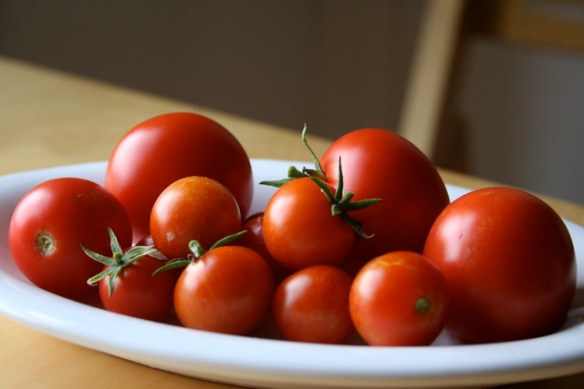 Dude, if you don’t brew it in your gut, you can’t really appreciate the bouquet. Photo by Lindsey Gira.
Dude, if you don’t brew it in your gut, you can’t really appreciate the bouquet. Photo by Lindsey Gira.- This week at The Molecular Ecologist: Take your coding to the next level with Software Carpentry.
- And, at Nothing in Biology Makes Sense! Taking a big-data approach to understand the role of reproductive isolation in species formation?
- New update from Queer in STEM: Examining the outness of queer folks at STEM workplaces.
- “This collection is among the first to reveal all major evolutionary stages of feather development in non-avian dinosaurs …” Dinosaur feathers found preserved in amber.
- Best or worst infection ever? A brewer’s yeast infection of the gut can make the ultimate micro-brew.
- Gee whiz. An editor at Nature goes right off the rails.
- One jab to rule them all? The basis for a “universal” flu vaccine may finally have been found.
- Optical illusion of the week. Here is a moth that looks like a leaf with curling edges.
- With charts! Why infographics are bad for conveying, you know, info.
- Sure, why the hell not? Did the universe begin in a five-dimensional black hole?
- Whew. Turns out that distance running doesn’t increase your risk of arthritis.
◼





![[DSP] May 18: Heat Wave](https://i0.wp.com/farm3.staticflickr.com/2102/2503623702_1af73b2801_z.jpg?w=584)



